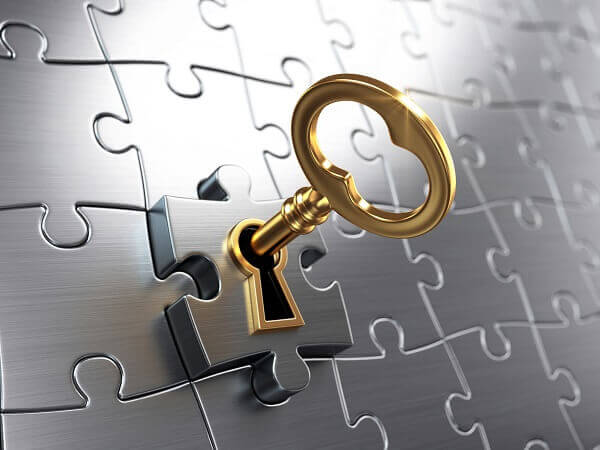
Recommended Price $60.00
So, what is the most important word in the vocabulary of Judaism?
Think about it for a moment and choose a word, one word.
You’ve got one? Good.
The most important word in Judaism is: NO! Thou shalt not!
Many people therefore think of Judaism as stifling, preventing them for living the "good life." This speech demonstrates how the restrictions of Judaism lead to the best life of all.
When you say “No” to something that is momentarily tempting but bad for you, you are actually saying “Yes” to something that is infinitely more important. When the Ten Commandments say, “Do not steal,” “Do not lie,” “Do not murder,” it is saying yes to integrity, yes to honesty, yes to life and a healthy, decent society.
Without the strength to say “No,” we cannot meaningfully say “Yes.” When two people pledge themselves to one another in marriage, they are saying “No” to selfishness and infidelity. “Yes” to love.
On Yom Kippur, we fast and remind ourselves that we are capable of overcoming shallow temptations. That we have a choice, and that it is that choice that makes us human beings. We can be hungry, but opt not to eat. We can be frustrated, but choose not lash out or blame others for our shortcomings. We can be tempted by selfish wants, but decide that we will live a higher life – a life of commitment to great values.
That is what we do on Shabbat. Shabbat is a demonstration of our ability to sanctify time. That, too, is something no other creature can do. All other animals are controlled by time. The rhythm of day and night and the change of seasons tell them when to eat, when to sleep, when to mate. But humans have the ability to order time, to imbue time with meaning, and to set certain days aside as holy days. By saying no to work on Shabbat, we are saying yes to family, yes to community, yes to G-d, yes to a deeper and richer life.
Throughout history, Jews have always been a minority, wherever we lived. We have always had to say “no” to the majority culture. Otherwise, we, and the values we hold dear would have vanished a long time ago.
When the Emperor Antiochus told the Jews, “Drop your distinctive practices and assimilate into Greek society,” the Maccabees answered, “No!” When Haman said, “All Jews must bow down to me,” Mordecai said, ‘No!’ When the inquisitor in Spain said, “You must convert,” those who would remain free Jews said, “No! We will not abandon our faith.” To the Bolsheviks in Russia, the Jews said, “No! We will not surrender.” We are here tonight only because of the courage of a hundred generations of our ancestors who said, “No, we will not surrender our Jewish identity. We choose to be free.”
The lessons of the "power of no" is brought to life with engaging teachings and anecdotes, including:
Friends, as we gather for Kol Nidrei, look around the room and you will see that the flame of faith lives in each of us. Tonight let us say no. No to despair, no to what holds us back, no our flawed habits. Tonight let us say yes. Yes to a higher form of living. Yes to a bright Jewish future. And may G-d say yes to our prayers, and bless us with a Shanah Tova, a happy, healthy and sweet year.